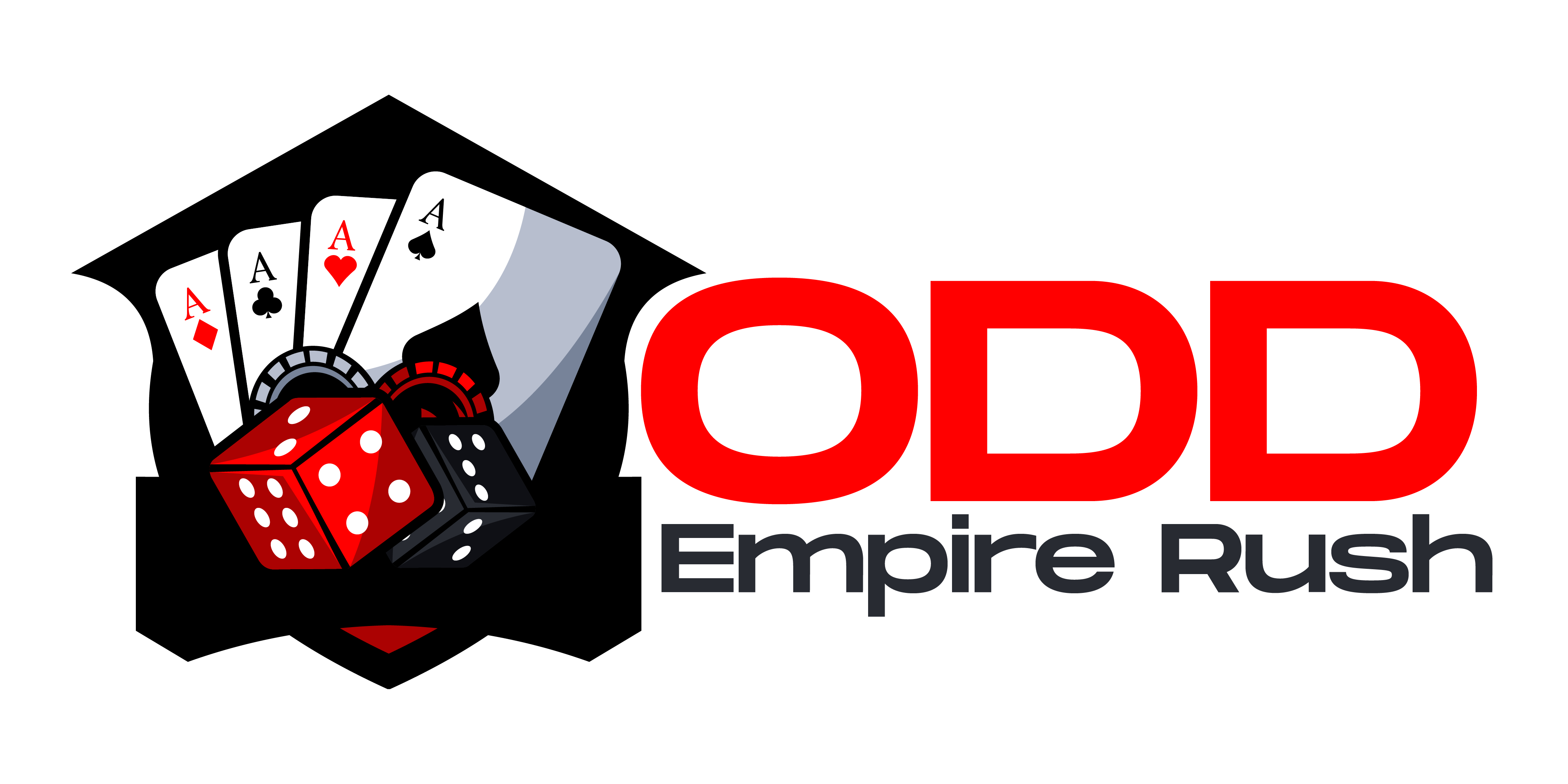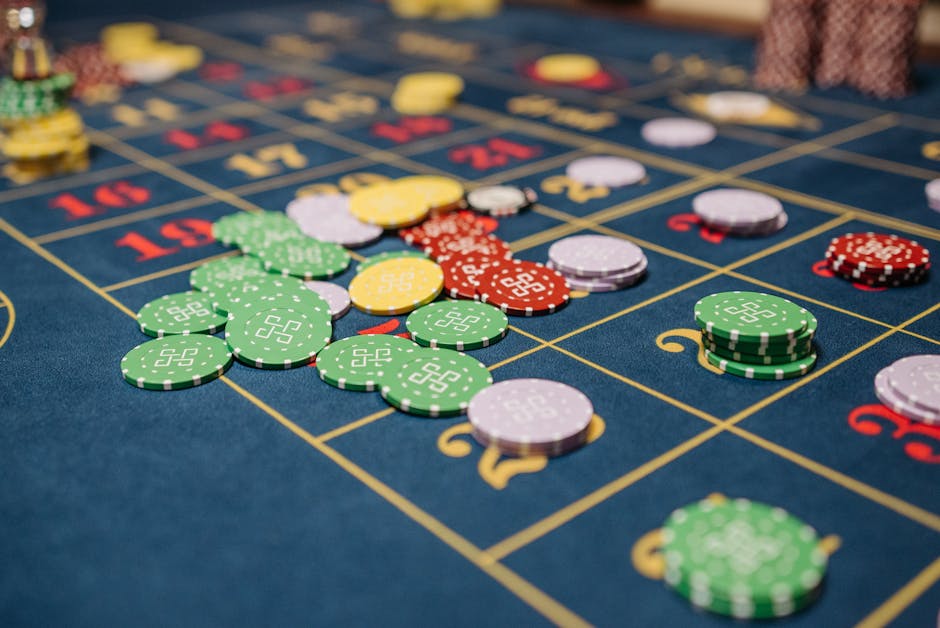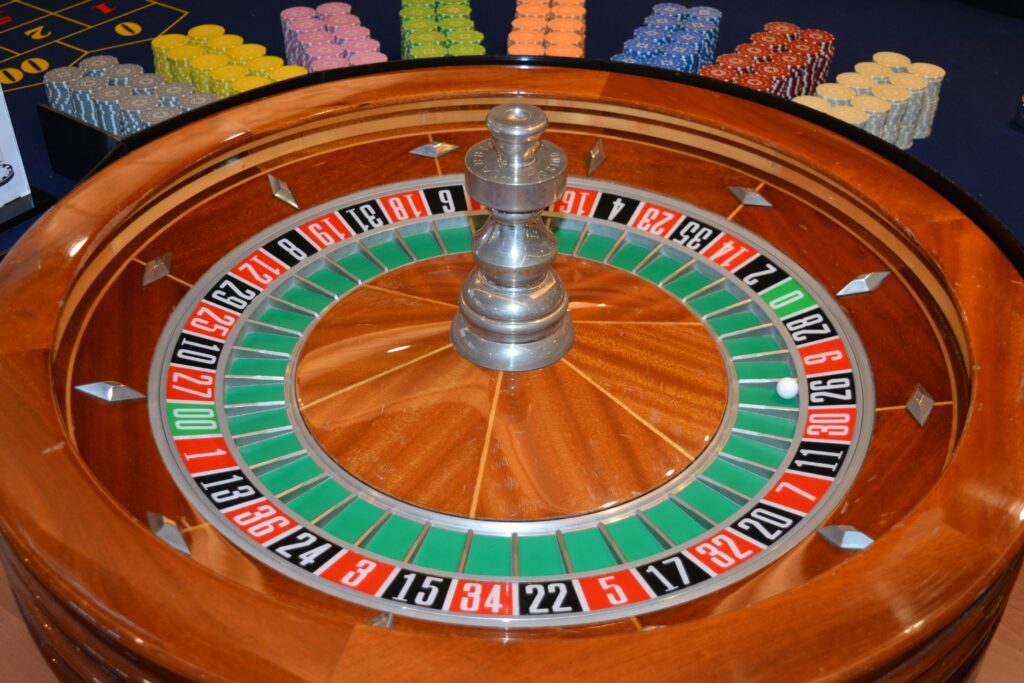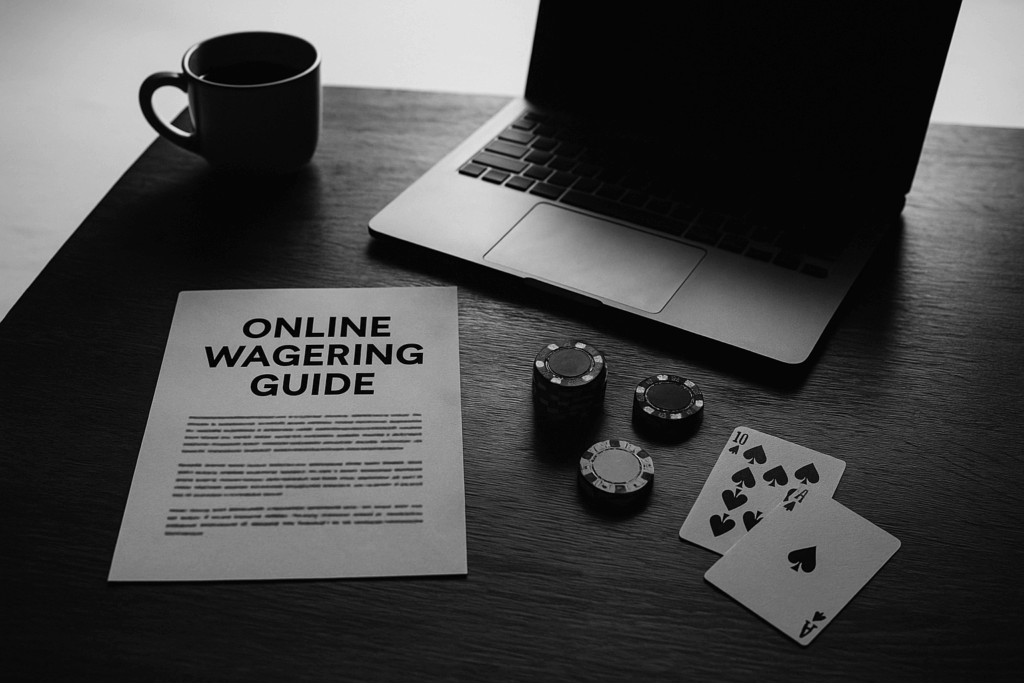Why the Math Matters
When it comes to betting, many assume it’s all about gut feeling or being on a ‘lucky streak.’ But in reality, betting is far less about chance and far more about numbers. The more you understand the mathematics behind your bets, the better decisions you can make over time.
Betting Isn’t Luck—It’s Numbers
What separates casual gamblers from strategic bettors is a clear understanding of how odds, probabilities, and outcomes interact. Every bet comes down to expected risks and rewards—numbers you can study, calculate, and act on.
- Winning consistently isn’t magic—it’s math
- Understanding the likelihood of outcomes is central to making smart bets
- Luck might win sometimes, but math wins long-term
The Power of Probabilities and EV (Expected Value)
Probability tells you how likely an outcome is. Expected Value (EV) tells you whether a bet is worth making. Combining both concepts gives bettors a powerful strategic edge.
Key Concepts:
- Probability: The chance of a specific outcome occurring
- Implied odds: The probability expressed by the bookmaker’s odds
- Expected Value (EV): The long-term value of a bet if placed repeatedly
A consistent focus on positive EV bets, even if they don’t always win in the short-term, adds up to profitability over time.
Myths vs. Math: Separating Fiction from Fact
Too often, bettors rely on superstition, selective memory, or bad advice. But understanding the math cuts through those myths.
Common Myths:
- “This team always wins at home” → Not a guarantee—check the stats
- “I’m due for a win” → Known as the gambler’s fallacy
- “Big money means a sure outcome” → Recall: market movement doesn’t create probability
Reality Check:
- Past outcomes don’t influence future independent events
- Betting isn’t about being right all the time—it’s about making correct value-based decisions over time
The bottom line: Betting doesn’t have to feel like guessing. When guided by math, it becomes a calculated discipline, not chaos.
Core Concept 1: Probability & Implied Odds
Odds are supposed to show you how likely something is to happen. But in betting, they reflect more than just raw probability—they also bake in the bookmaker’s margin, public sentiment, and often a bit of misdirection. Understanding implied probability helps you cut through the hype.
To convert odds into probabilities:
- Fractional odds like 5/1 imply a probability of 1 / (5 + 1) = 16.67%
- Decimal odds like 2.50 imply 1 / 2.50 = 40%
- Moneyline odds: positive odds (e.g. +200) convert to 100 / (200 + 100) = 33.3%; negative odds (e.g. -150) convert to 150 / (150 + 100) = 60%
The key is spotting when the implied probability is lower than your own estimate of the actual chance. That gap? That’s value. It’s what sharp bettors hunt for. If the market says Team A has a 30% chance to win but your research says it’s closer to 45%, that’s not optimism—it’s opportunity.
Bookmakers aren’t prophets. They shape odds based on where the money flows, not just the likelihood of outcomes. That distortion creates edges. But only for bettors who know how to crunch the numbers and trust the math—not the crowd.
Core Concept 2: Expected Value (EV)
Expected Value—EV for short—is the heartbeat of solid betting strategy. It’s the number that tells you, over time, whether a bet is worth taking or not. Not just if you win, but how much you expect to win (or lose) on average per attempt. In short, EV takes luck out of the equation and replaces it with math.
How to Calculate EV
Here’s the formula, stripped down:
EV = (Probability of Winning x Amount Won per Bet) – (Probability of Losing x Amount Lost per Bet)
Let’s say there’s a 25% chance you win $100, and if you lose (75% of the time), you lose $20. The math looks like this:
EV = (0.25 x 100) – (0.75 x 20) = 25 – 15 = +10
You’re making $10 profit over the long run, on average, every time you place this bet. That’s positive EV.
Why It Matters
Most casual bettors don’t track EV—they bet based on hunches, past wins, or gut feeling. That’s a good way to burn money. Positive EV (often written as +EV) is how professional bettors stay profitable. It’s not about winning every bet. It’s about placing bets that pay off over hundreds, even thousands of tries.
Positive EV: The Sustainable Edge
Positive EV means you’re playing the long game—and playing to win. If you consistently find +EV bets, you will almost certainly win money over time. Sure, variance can hit and affect short-term streaks, but with +EV on your side, the numbers eventually fall in your favor. Think of it as compounding rationality: your edge, multiplied by discipline, creates results.
EV is the difference between gambling and calculated decision-making. Know it. Live by it.
Core Concept 3: Bankroll Management
Emotional betting wrecks bankrolls faster than bad picks. That’s where math steps in. Strong bankroll management doesn’t just protect your money—it keeps your decisions clean and focused no matter what your win streak looks like.
At the heart of smart staking is the Kelly Criterion. It’s not guesswork. It’s a formula that tells you exactly how much of your bankroll to wager based on your edge and the odds. Bet too much, you risk blowing up on variance. Bet too little, you leave value on the table. Kelly threads the needle—it aims for long-term growth while minimizing burnout.
Another approach? Flat betting. You stake the same amount every time, no matter the bet. It’s simple, keeps swings controlled, and for most casual bettors, it’s a solid way to stay in the game. On the flip side, variable staking lets you scale your bets based on confidence—and math. When paired with EV analysis, it becomes a weapon.
Bottom line: pick a system, stick to it, and remove emotion from the equation. Betting with structure beats chasing heat every time.
Variance: winning streaks, losing skids, and staying calm
Variance is just a sober name for what most people call luck. It’s the unpredictable swing between hitting everything and missing everything, even when your bets are well-calculated. Here’s the thing: variance isn’t a flaw in the system—it is the system. Your job isn’t to eliminate it; it’s to understand it and not let it mess with your head.
Standard deviation measures how much your results deviate from the average. Bigger deviation? Wilder swings. If you’re betting on high-risk, high-reward outcomes, expect longer losing skids—and rare but big payoffs. Lower variance bets won’t skyrocket your bankroll, but they won’t gut-punch you either. When you feel like you’re on fire or cursed, it’s probably just statistical noise. That’s variance at work.
The smartest bettors know when to step away. Not out of emotion, but out of discipline. If the numbers don’t add up, or your edge disappears, walking away preserves the bankroll and your sanity. Chasing a win streak or tilting over a rough patch? That’s when gamblers lose. Bettors stick to plan.
Play the long game. The variance will level out. What counts is decisions made over hundreds of bets—not a hot or cold week.
Tools and Models That Actually Help
Betting smart isn’t just about gut calls—it’s about using the right tools. Software and spreadsheets let you test theories, run numbers, and track performance over time. Countless bettors now lean on simulations to stress-test strategies under different outcomes and odds. If your system only works in theory, consistent tracking will expose it before your bankroll takes the hit.
Historical data can be both your friend and your blind spot. It shows trends, weaknesses in odds setting, and moments where the market overreacted. But it’s not a crystal ball. Sports change, player dynamics evolve, and bookies adapt fast. Lean too hard on the past, and you’ll miss the now. Treat history like a reference, not a rulebook.
The giveaway between sustainable betting and blind guessing is discipline backed by data. You’re running a strategy, not tossing darts. A sustainable bettor logs every wager, calculates expected value, checks variance, and sticks to a tested method. Guessers just see a matchup, feel a hunch, and fire. Over the long haul, only one path holds up.
Use the tools. Review the data. Know the limits. That’s the math-driven way forward.
Mistakes Even Smart Bettors Make
Even the most statistically-minded bettors fall into patterns that hurt their long-term performance. Betting is emotional, fast-paced, and often deceptive. Recognizing common traps is key to staying disciplined and profitable.
Chasing Losses
It’s natural to want to recover from a losing bet, but chasing losses is one of the most damaging behaviors in betting.
- When you’re down, emotional decisions replace rational analysis
- Increasing bet sizes to make up ground usually leads to bigger losses
- Math doesn’t care about your “need” to win back money
Better approach: Stick to your plan. One bad night doesn’t undo a well-researched strategy.
Overbetting Favorites, Ignoring Underdogs
Favorites feel safer—but that’s often a trap. Just because the probability of winning is high doesn’t guarantee value.
- Oddsmakers know public money leans toward favorites, so odds are often inflated
- Value often exists in underdogs with a better chance than the odds suggest
- Always evaluate the implied probability, not just the team or player name
Smart move: Train yourself to spot value—not comfort.
Falling for the “Hot Streak” Myth
Winning streaks happen—but they’re not always signs of skill. In high-variance environments like sports betting, luck can create misleading patterns.
- A few correctly called outcomes don’t mean your model is flawless
- Confirmation bias makes us believe we’re “on fire” when we’re just running lucky
- Misreading hot streaks leads to overconfidence and riskier bets
What to do instead: Track performance vs. expected value. Let the numbers—not a streak—determine your next move.
Beyond the Numbers: Know Yourself
You can crunch the odds, calculate EV, and track variance with precision. But here’s the truth: none of it works if your mindset is off. The math doesn’t care if you’re tired, tilted, or chasing the feeling of a win. That’s on you.
Smart betting only works when your strategy matches your personality and your lifestyle. If you’re someone who can’t sit through a dry spell without getting antsy, aggressive long-shot parlays might wreck you. If you’re more analytical and patient, slow and steady edge bets will fit better. There’s no single formula—just what’s sustainable for you.
It’s not about beating the sportsbook once. It’s about staying in the game long enough to let the math work. That might mean setting hard limits on bet sizes or picking three focused betting windows a week. Maybe it means walking away for a weekend so your decisions don’t get emotional.
In short: know yourself. Build a plan with discipline, not just data. For quick and practical ways to keep your balance while betting, check out Maintaining a Balanced Lifestyle as a Regular Bettor.
Final Word
Betting doesn’t have to be guesswork or impulse. At its core, it’s just decision-making under uncertainty—and math is your best asset for navigating that. When you understand the numbers, what looks like risk becomes something clearer. You’re not gambling. You’re measuring probabilities, calculating expected value, and using logic to tilt the odds in your favor.
Emotionless doesn’t mean joyless—it just means strategic. Wins and losses stop feeling personal when you’re following a system built on data, not instinct. Patterns emerge. Trends make sense. One outcome doesn’t make or break you because your edge plays out over time, not in any one night.
Smart betting is about stacking enough rational decisions that over the long haul, you come out ahead. It won’t make you invincible. But it gives you control—and in a game fueled by uncertainty, that kind of clarity is rare currency.


 Irving Burnsenal is a contributing author at oddsempirerush.com. With a passion for sports analysis and data-driven writing, he provides readers with clear insights into betting strategies and industry trends.
Irving Burnsenal is a contributing author at oddsempirerush.com. With a passion for sports analysis and data-driven writing, he provides readers with clear insights into betting strategies and industry trends.

